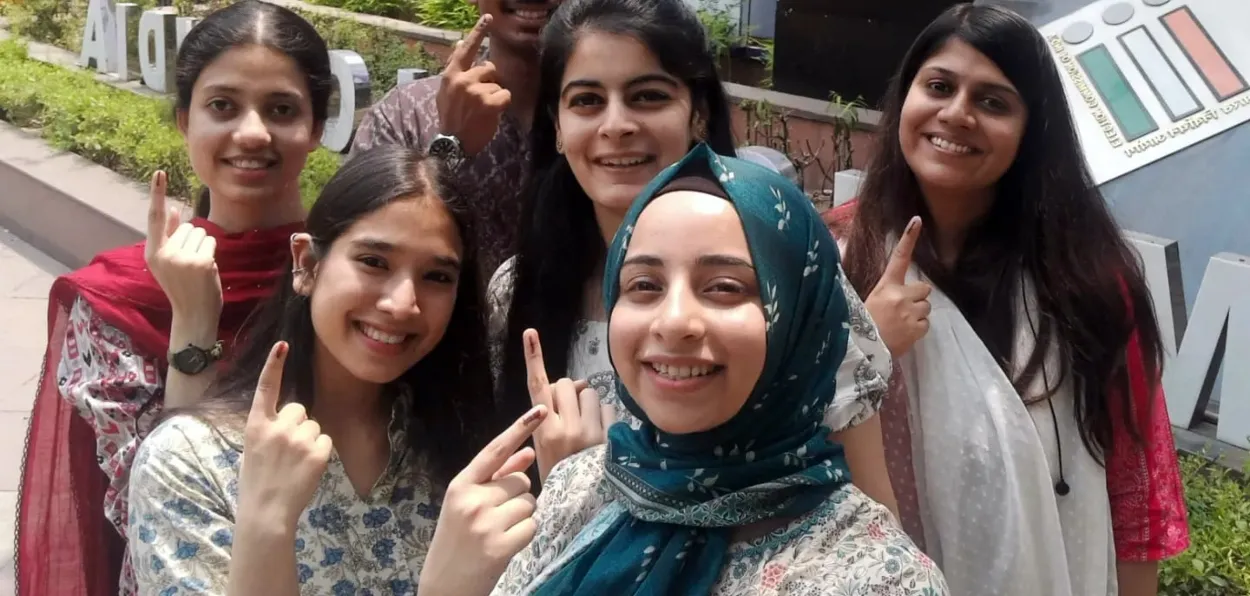
 Atir Khan
Atir Khan
As India awaits the outcome of the Lok Sabha elections on 4th June, there is a palpable sense of anticipation across the nation.
Unlike previous elections characterized by clear waves of public sentiment, this election has been marked by subtle undercurrents, making it challenging to decipher.
Nonetheless, prevailing indications suggest that the odds favor the BJP.
In the lead-up to the elections, the formation of the INDIA block prompted political parties to court Muslim voters.
Speculation arose regarding tactical voting among Muslims, particularly in favor of the INC and its allies such as the Samajwadi Party.
However, reminiscent of past elections, such narratives evoke a sense of déjà vu, harkening back to similar discussions during the 2017 UP Assembly elections. Reports of tactical voting among Muslims have sparked concerns within BJP circles, leading to inflammatory rhetoric from some party leaders.
Yet, amidst these political maneuvers, it's essential to consider the implications of the election outcome, regardless of which bloc secures the majority.
Should the INDIA block ascend to power, questions arise regarding the potential impact on the lives of Indian Muslims.
However, historical precedent suggests that political allegiance alone does not guarantee substantive change. The long-standing support of Indian Muslims for Congress, until the emergence of the Babri Masjid issue, underscores this point.
Conversely, a potential third term for the NDA raises apprehensions about policies like the CAA, NRC, and Uniform Civil Code. Yet, even in the implementation of such policies, due legal processes will be adhered to.
Amidst speculation about sweeping constitutional amendments under BJP rule, it's imperative to acknowledge India's enduring commitment to democratic values throughout its history. While instances of communal tensions are regrettable, they do not represent the broader ethos of India's democratic fabric.
We live in a country where all are equal as per the Constitution. With due regard, anybody can engage in a conversation with the descendants of nawabs and rajas. This was unthinkable until India became a democratic republic.
Against the backdrop of India's rich civilizational heritage, characterized by coexistence and resilience, Indian Muslims need not succumb to alarmism regarding election outcomes.
Instead, the focus should be on strategic positioning and leveraging political influence to effect meaningful change.
Rather than pledging unwavering allegiance to any single political entity, Indian Muslims should adopt a nuanced approach, keeping both BJP and Congress accountable. By cultivating unpredictability in their support base, Indian Muslims can wield greater influence in shaping policies that reflect their interests.
In the event of victory of either NDA or INDIA Indian Muslims should show a mature approach and work on long-term goals of bringing about positive uplifting changes within the community. Neither despondency nor revelry will serve Indian Muslim's long-term interests.
ALSO READ: Secularism in the Indian reality
Ultimately, the greatest impetus to progress must come from within the community, embracing reform and fostering a shift in mindset within the community are crucial steps toward ensuring a brighter future, irrespective of election results.
